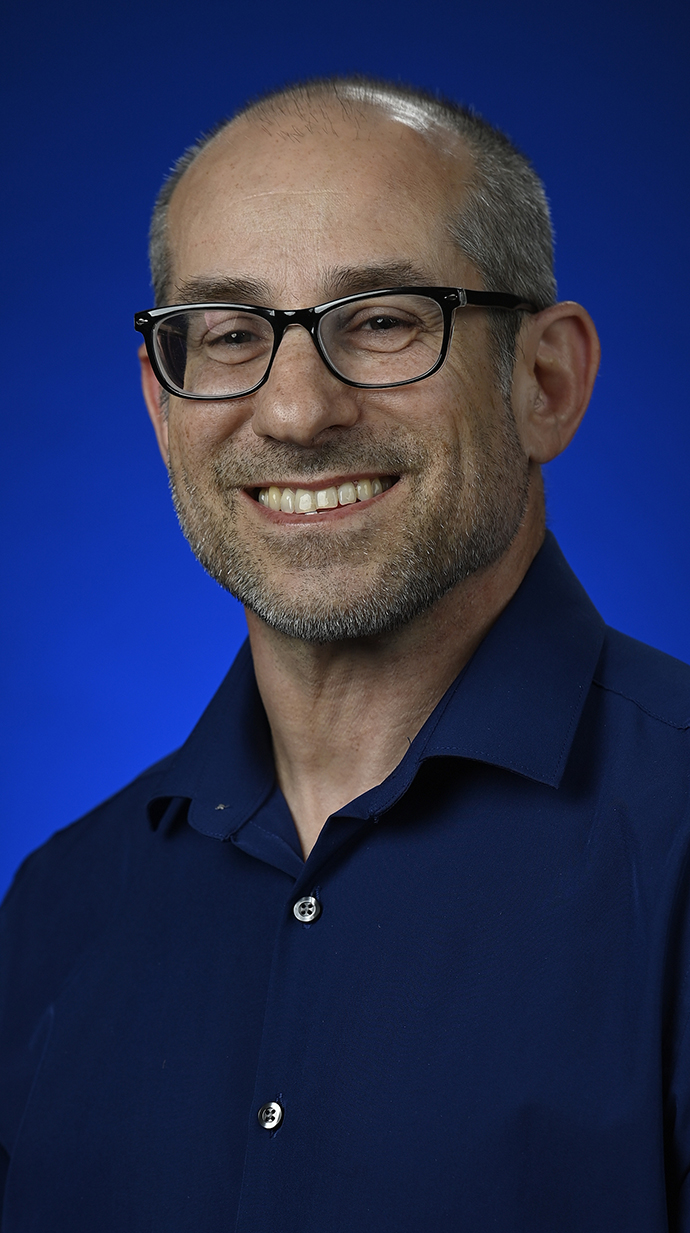News You Can Use: Finding a Counselor Who Is Right for You
UM professional suggests ways to locate and determine competent mental health experts
OXFORD, Miss. – For anyone seeking help to recover from a trauma, sort out relationships or adjust to a new phase of life, picking the right mental health professional is a crucial decision. Paying attention to a few key factors can help, a University of Mississippi professor advises.
"The most important factor in positive counseling outcomes is not your diagnosis or specific techniques in counseling; it is your relationship with your counselor," said Richard Balkin, professor and chair in the UM Department of Leadership and Counselor Education. "This is well-established in the research.
"When you have a strong working alliance, it is easier to be open and accept difficult feedback."
When working with a counselor or therapist, it is critical to feel understood, Balkin said.
"Counseling outcomes are strongly dependent upon what is referred to as the 'working alliance' between the client and counselor," he said. "The client should feel that there is a collaborative relationship that is conducive to achieving goals for improved well-being."

Anyone working with a counselor should allow some time to determine whether they have found the right "fit" for their therapy needs, the Ole Miss professor said.
"After a few sessions, but perhaps not after the first one, because sometimes it takes longer for people to share and open up in counseling," he said. "Once the counselor has established rapport and employs a style that the client feels heard, understood and even challenged in a healthy way, ask yourself if you can be honest and accept feedback, even when it is difficult."
If certain "red flags" begin to appear, a client may want to reconsider whether to continue seeing a particular counselor, Balkin said.
"Are you having difficulty opening up?" he said. "When you do open up, do you feel understood? Can you accept feedback from this person? And do you feel the counselor is working toward goals that will help you improve?"
If things are not working with a counselor after a few visits, the client should try to figure out what they want and communicate that with the counselor, Balkin said. Clients also should not be afraid to try another professional.
"If your counselor feels someone else would be a better fit, they will likely let you know," he said. "Or you can try working with someone else and see if it is just a matter of fit or personal resistance.
"Just because you are resistant does not mean you should blame yourself. Counseling is a difficult process, and being defensive is natural. We protect ourselves by being defensive, and opening up and being vulnerable can be difficult."
Balkin said one can expect certain results if their counselor is a "fit."
"When you have a strong working alliance, it is easier to be open and accept difficult feedback," he said.
Top: A counselor talks with a client in the University of Mississippi's Clinic for Outreach and Personal Enrichment at the South Oxford Center. Finding the right counselor to help navigate issues in life takes a little time and a willingness to accept feedback, a UM expert advises. Photo by Thomas Graning/Ole Miss Digital Imaging Services
